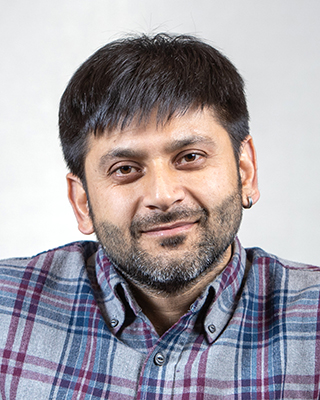Our researchers are driving innovation across the entire hardware, software and network stack to make computer systems more reliable, efficient and secure.
From internet-scale networks, to next-generation chip designs, to deep learning frameworks and more, we build and refine the devices and applications that individuals, industries and, indeed, entire economies depend upon every day.
Research Groups & Labs

Database Group
The Database Group advances both theoretical and systems work in probabilistic databases, stream processing, sensor-based monitoring, databases and the web, XML, image/video data management, data management for machine learning, data mining and more.
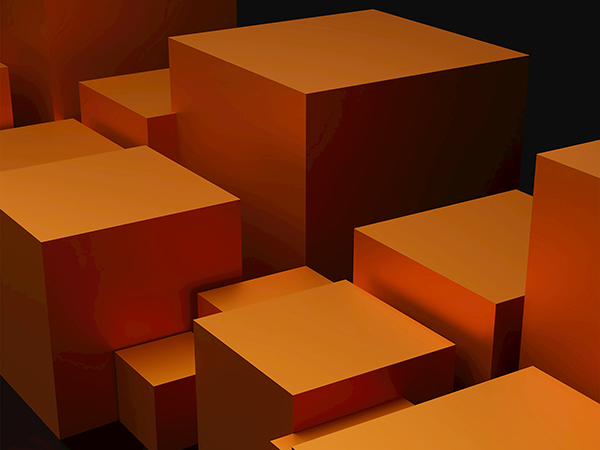
Sampa
Sampa is an interdisciplinary computer architecture group whose research crosses multiple layers of the system stack, from hardware to programming languages and applications, motivated by new device technologies and applications.
Faculty Members
Centers & Initiatives

Institute for Foundations of Data Science (IFDS)
IFDS organizes its research around four core themes: complexity, robustness, closed-loop data science, and ethics and algorithms. By making concerted progress on these fundamental fronts, IFDS aims to lower several of the barriers to better understanding of data science methodology and to its improved effectiveness and wider relevance to application areas.
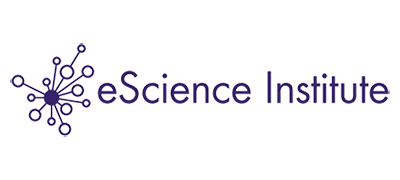
eScience Institute
The eScience Institute empowers researchers and students in all fields to answer fundamental questions through the use of large, complex, and noisy data. As the hub of data-intensive discovery on campus, we lead a community of innovators in the techniques, technologies, and best practices of data science and the fields that depend on them.
Highlights
Allen School News
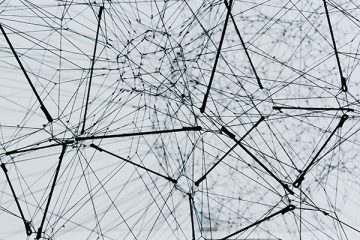
Deeds introduced partition constraints, a new approach for making conjunctive query executions more efficient. He presented the research at the 28th International Conference on Database Theory (ICDT), earning both the Best Student Paper and Best Paper Awards.
Allen School News
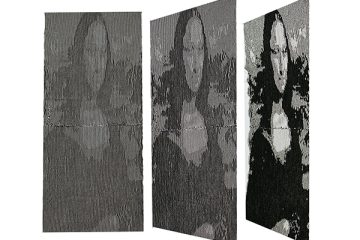
A team of Allen School researchers introduced computational illusion knitting — a design framework that helps automate the process, making illusion knitting more accessible and allowing for more complex and multi-view patterns like hidden Mona Lisas that were previously believed to be impossible.
Agents of Tech

Nivala, co-director of the Molecular Information Systems Lab (MISL), discusses the groundbreaking potential of DNA-based data storage and its role in the future of AI.




